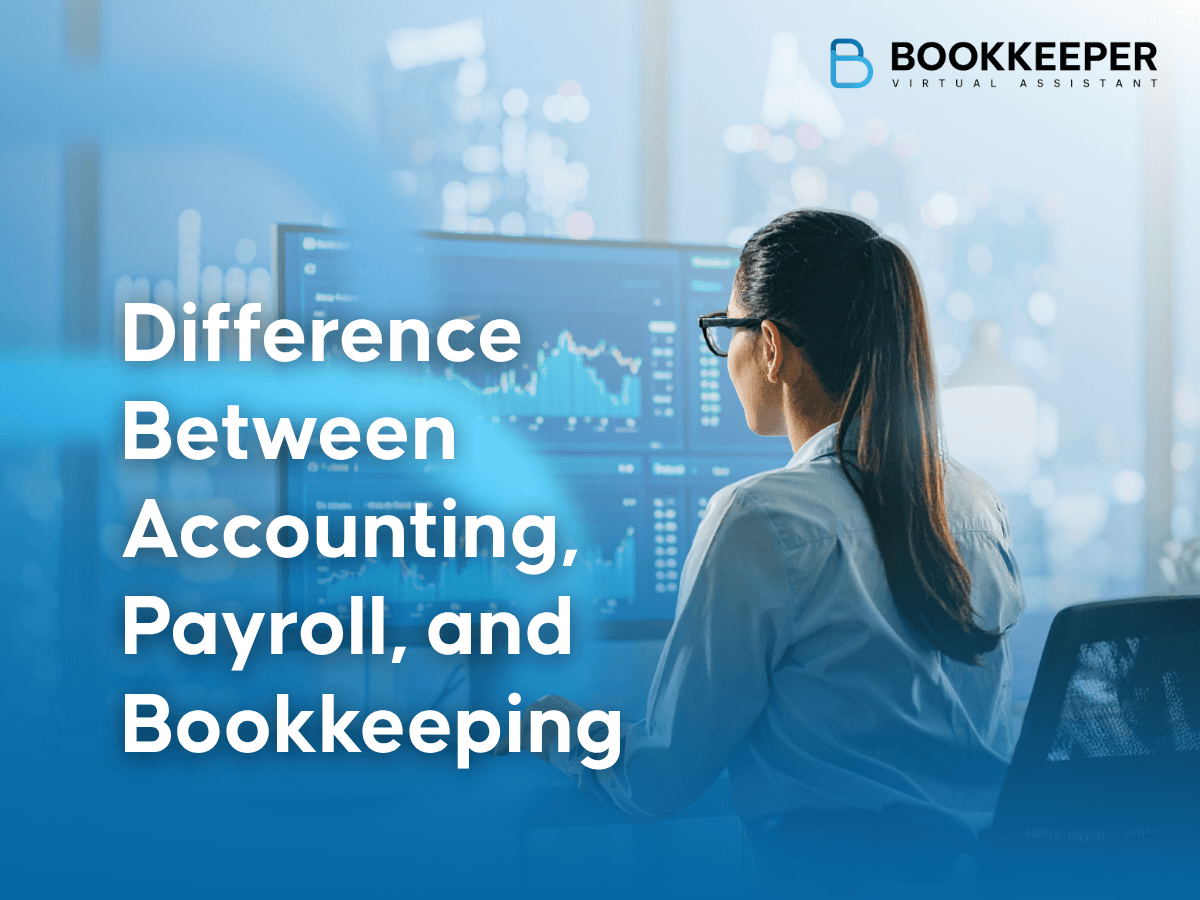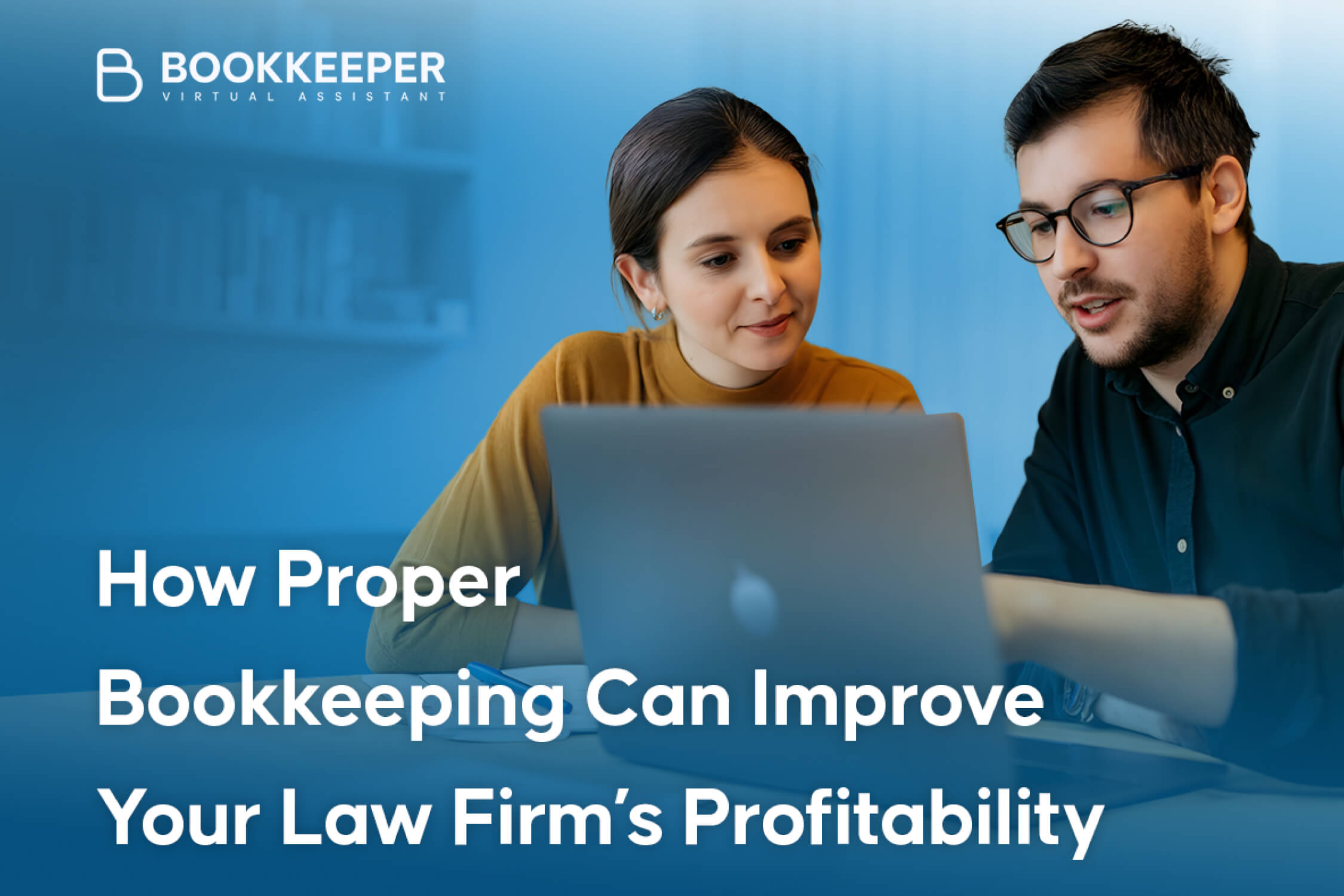The accounting software landscape has experienced a dramatic shift toward subscription-based cloud solutions in recent years, in fact it follow the same trajectory of subscription based model not just in industry but individual consumer, as per latest subscription survey shows that four out of five US adults (80%) have paid for one or more subscriptions in 2024.
There’s no denying that subscription-based cloud accounting software dominates the market, offering benefits such as collaboration and automatic updates. However, many businesses still struggle with its drawbacks, particularly in terms of cost and data security. As a result, they’re rediscovering the value of desktop accounting software that doesn’t require ongoing subscription fees.
One-time purchase desktop accounting software provides a practical alternative for organizations seeking cost-effective financial management solutions. These tools allow you to maintain control over your data, work offline when necessary, and eliminate recurring costs.
What Is Desktop Accounting Software Without Subscription?
Desktop accounting software without subscription refers to accounting programs installed directly on a computer that are accessed through a one-time license purchase instead of recurring monthly or annual payments. These applications function offline and store financial data locally on the user’s device or network.
Best Non-Subscription Desktop Accounting Software
Quickbooks Desktop Pro 2024
QuickBooks Desktop is an accounting solution designed for small to mid-sized businesses. It offers tools for invoicing, bookkeeping, inventory tracking, payroll processing, collaboration, and reporting. The 2024 version runs on 64-bit processing and maintains compatibility with many third-party applications.
Best for: Small to mid-sized businesses seeking an all-in-one desktop accounting solution.
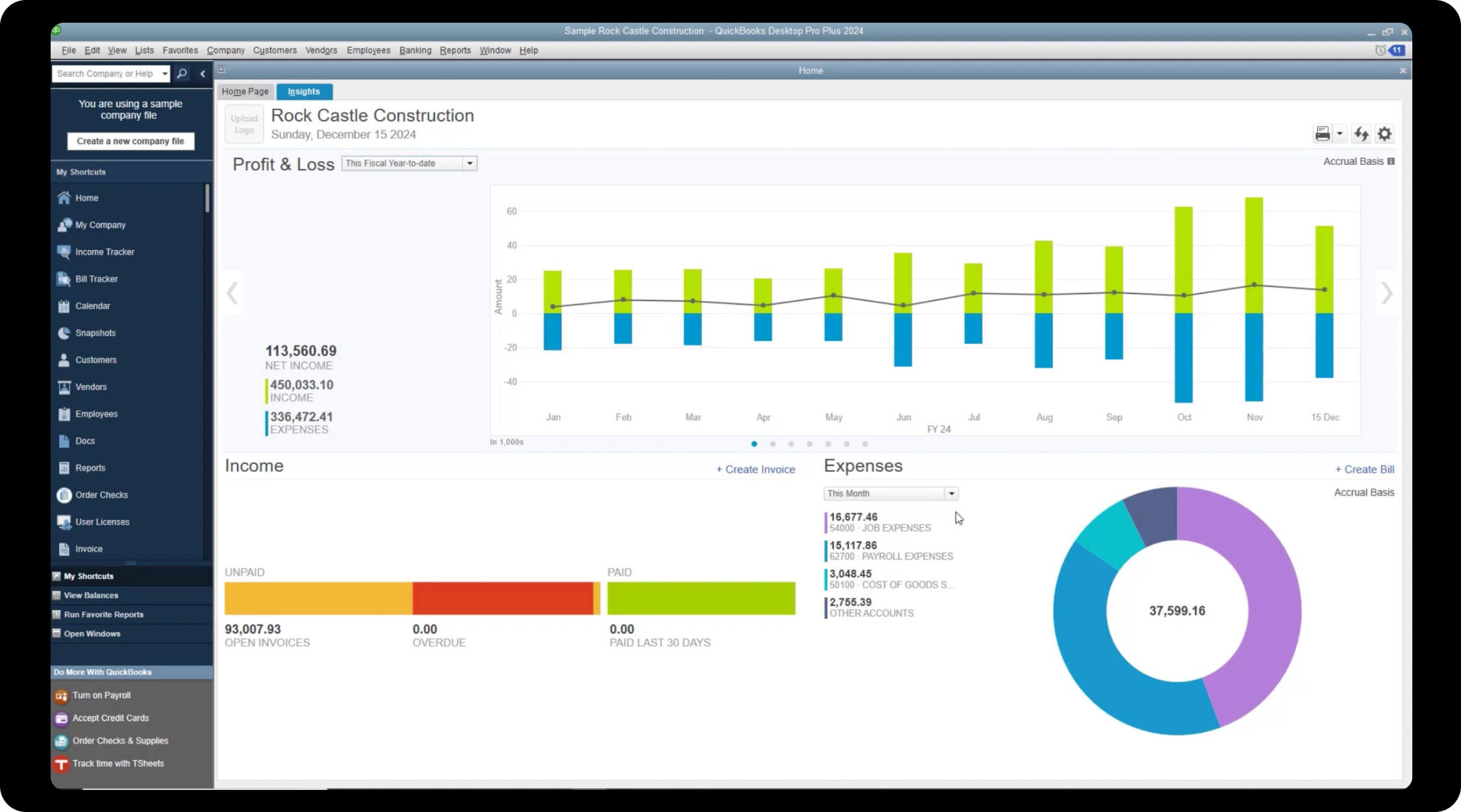
Tally Prime
Tally Prime is an accounting software popular in international markets. It supports accounting, compliance, banking, and inventory management. The software includes multi-currency support and adapts to a variety of business models.
Best for: Businesses requiring inventory and accounting management operating in multiple currencies or locations.
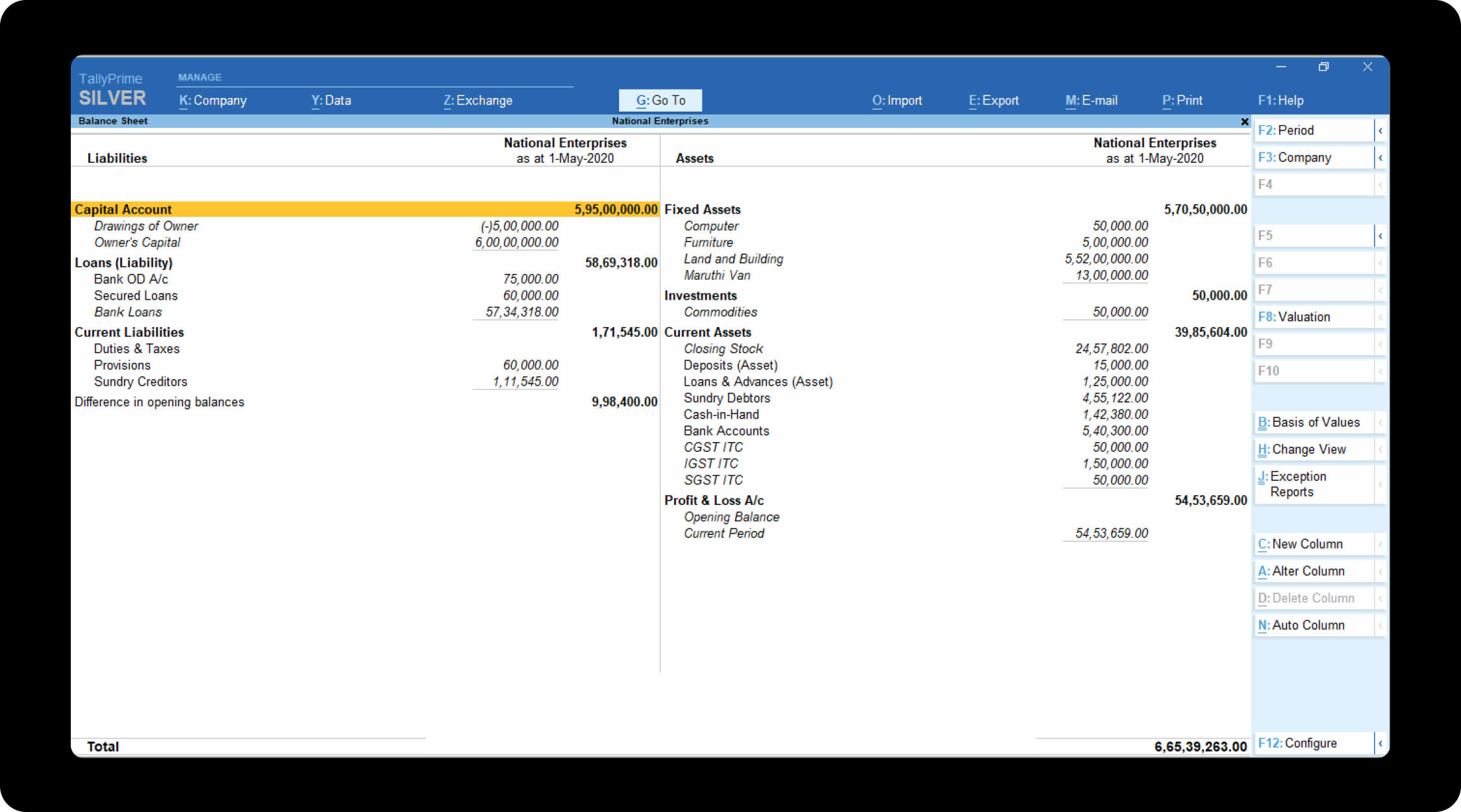
Gnucash
GnuCash is a free, open-source accounting software available across multiple platforms, including Windows, Mac, and Linux. It offers double-entry accounting and allows users to track bank accounts, stocks, income, and expenses.
Best for: Businesses seeking a free, intuitive desktop accounting solution.
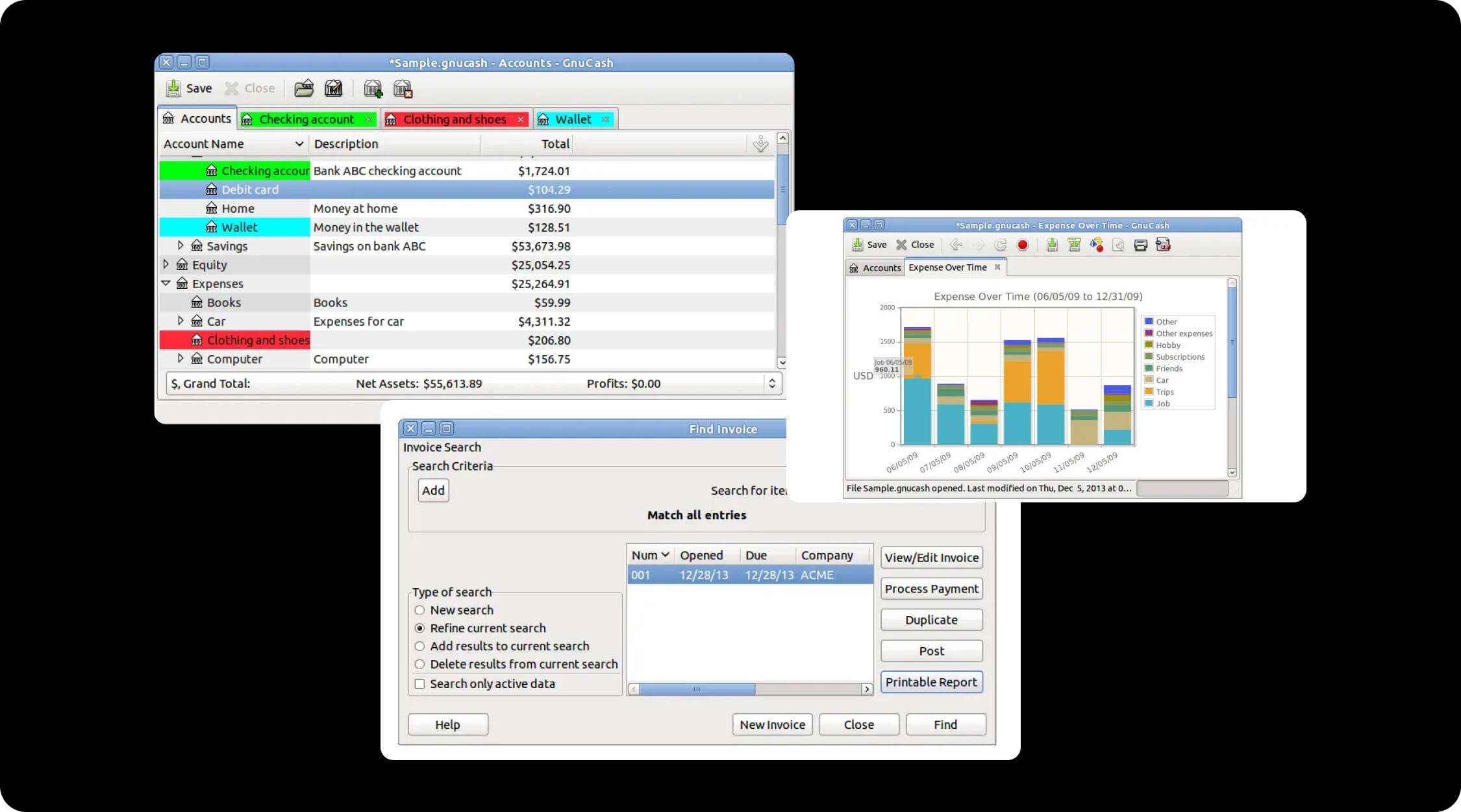
Manager
Manager is a free accounting software that can run without an internet connection. It includes the core features expected from modern accounting software, such as invoicing, expense tracking, and financial reporting. The desktop version is available for download across multiple platforms at no cost.
Best for: Users who want a free desktop accounting solution with no time limits, usage limits, or ads.
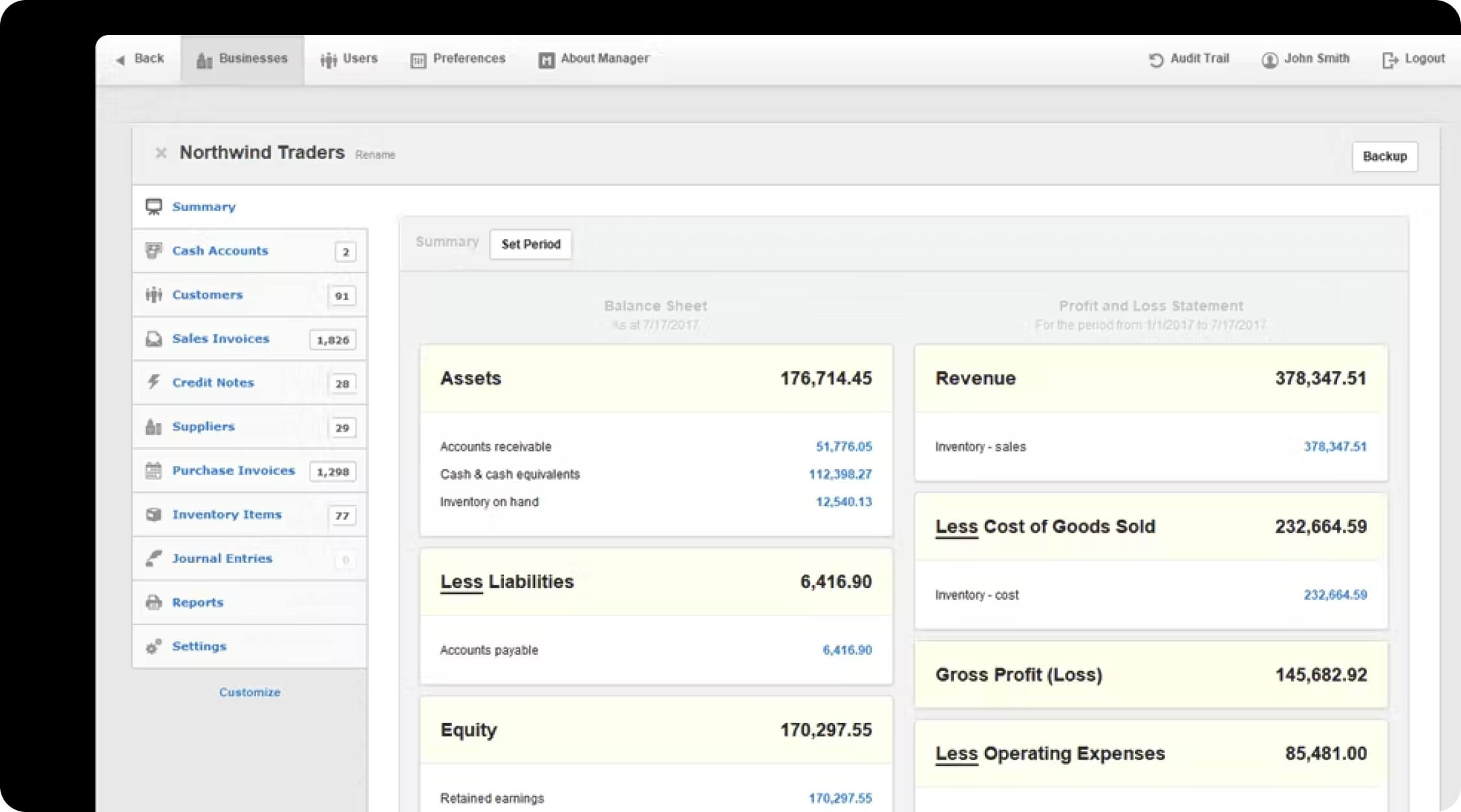
Moneydance
Moneydance offers personal and small business financial management through a one-time purchase. It provides features beyond account management, including budgeting, investment tracking, reporting, and payment reminders. The application supports multiple platforms and currencies.
Best for: Individuals and businesses managing both personal and business finances.
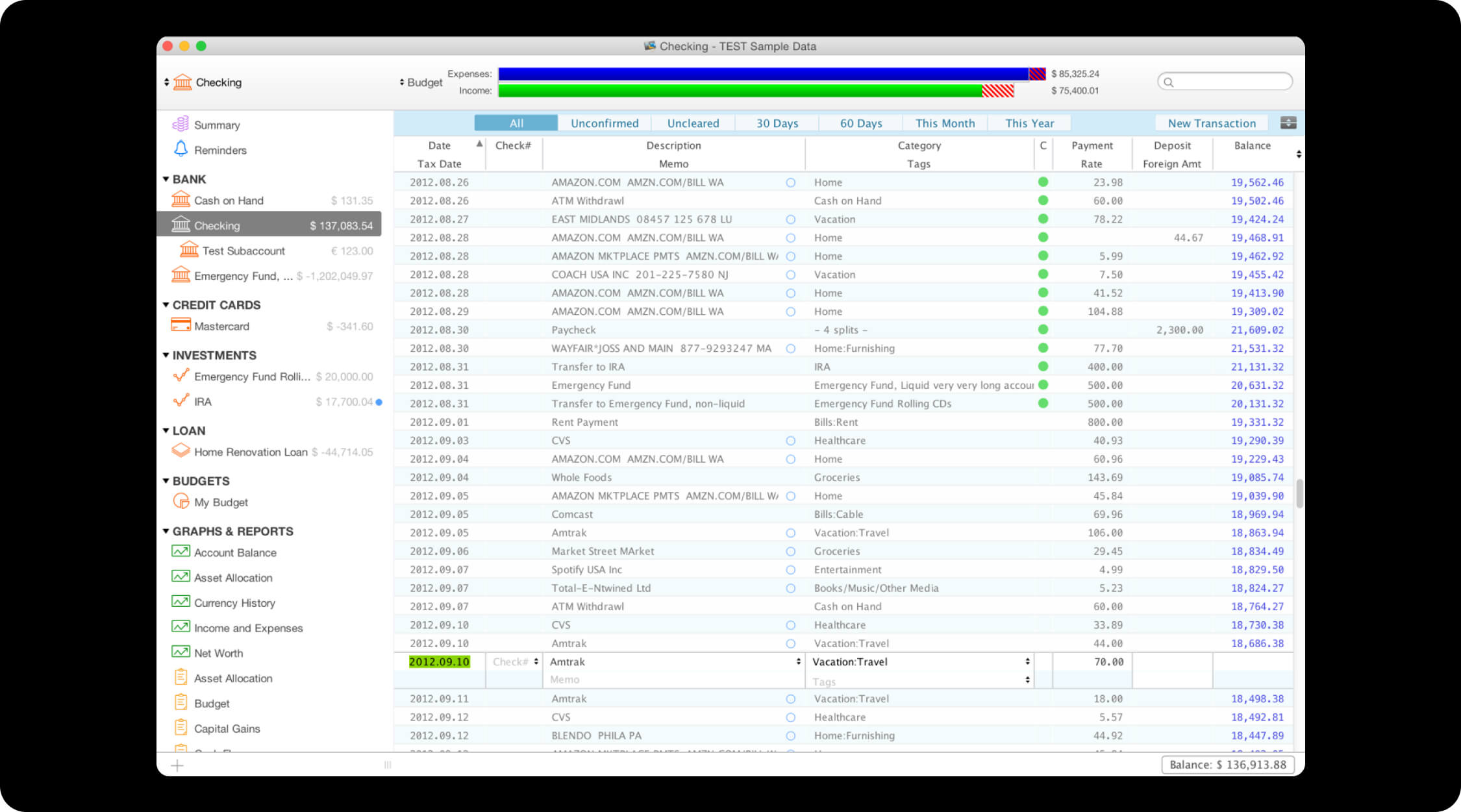
Comparison Table: Best Desktop Accounting Software Without Subscription
Non Cloud vs. Cloud-Based Accounting Software
Non-cloud based accounting software is installed directly on a computer and typically requires a one-time license purchase. Data is stored locally, allowing offline access without an internet connection. Updates and backups must be managed by the user.
Cloud-based accounting software is hosted online and accessed through a web browser or app. It usually follows a subscription model with monthly or annual fees. Data is stored on remote servers, enabling automatic updates, remote access, and built-in backup.
Key Difference
- Access: Non-cloud allows offline access; Cloud requires internet access.
- Pricing: Non-cloud uses one-time licensing; Cloud uses subscriptions.
- Data Storage: Non-cloud stores data on the user’s system; Cloud stores data on remote servers.
- Maintenance: Non-cloud requires manual updates/backups; Cloud provides automatic updates/backups.
Pros and Cons of Using Non-Subscription Accounting Software
Before using accounting software without a subscription, consider its advantages and limitations. Here’s a clear breakdown:
Advantages:
- Cost Predictability: A one-time purchase eliminates ongoing subscription fees, which can be more cost-effective in the long term.
- Data Control: Complete control over financial data, stored on your own computer or server.
- Offline Functionality: Desktop-based software can be accessed and operated without an internet connection, often with faster processing on a local system.
- Ownership: A lifetime license remains yours indefinitely, and you’re not dependent on the vendor’s continued service for access.
Limitations:
- Manual Updates: Users are responsible for updating the software manually. When a new version is released, you typically need to purchase it again to access the latest features.
- Hardware Dependency: Desktop software requires compatible hardware and operating systems to achieve maximum performance.
- Collaboration: Real-time collaboration can be challenging since the software and data are often tied to a single computer.
How Desktop Accounting Software Manages Your Business Finances
Desktop accounting software operates through integrated modules that work together to provide financial management. Key functions include:
- Transaction Recording - Captures and categorises business transactions automatically. For example, when processing a supplier invoice, it debits the expense account and credits accounts payable.
- Bookkeeping - Maintains accurate financial records through automated journal entries and ledger updates, tracking all debits and credits..
- Chart of Accounts Management - Organises finances using customisable account categories for assets, liabilities, equity, income, and expenses.
- Payroll Processing - Calculates wages, deductions, and contributions automatically.
- Balance Sheet Generation - Compiles balance sheets that reflect financial position at any date.
- Profit & Loss Reporting - Produces income statements showing revenue, expenses, and net profit over specified periods.
- Investment Tracking - Monitors investment portfolios, including purchase costs, current values, and performance metrics.
- Inventory Tracking - Monitors stock levels and values inventory using FIFO, LIFO, or weighted average costing. Updates stock quantities and cost of goods sold.
- Bank Reconciliation - Matches internal records with bank statements to detect discrepancies, highlighting uncleared items and unrecorded bank charges.
- Financial Reporting - Generates customised reports including cash flow statements, aged receivables, budget comparisons, and financial ratios. It can track key performance indicators across different time periods.
- Tax Preparation Support - Organises financial data for tax filing, including deductible expenses and VAT or sales tax liabilities.
Tips on How to Choose the Right Desktop Accounting Software
With so many options available, it’s important to find accounting software that’s the right fit for your operations. Here are some key factors to guide your decision:
- Evaluate Your Needs: Start by assessing your specific requirements, including number of users, transaction volume, reporting needs, and required integrations.
- Consider Industry-Specific Features: Ensure your chosen solution accommodates your industry’s requirements or can be customized accordingly. For example, law firms may need trust accounting features, while retail businesses may require inventory management.
- Check Integrations: Analyze how the software will fit with your current workflows and systems without disrupting operations. Look for compatibility with banking institutions, payroll services, and other business applications.
- Assess the Learning Curve: Choose software that matches your team’s technical capabilities. Consider the system’s complexity and the availability of training resources if it’s new to your team.
- Test Before Committing: Take advantage of trial versions or demos to evaluate functionality and determine whether it meets your operational needs.
- Analyze Total Cost: While the software may require only a one-time license fee, also factor in training costs, potential customization expenses, and ongoing maintenance.
Best Practices for Accounting Data Backup and Security
Implement Regular Backups and Updates
Establish daily backups of your accounting data and store them in multiple locations, such as external drives and secure cloud storage services. It’s recommended to keep your operating system and accounting software updated with the latest security patches.
Use Strong Credentials
Protect the computers containing your accounting software with strong passwords and user authentication. Consider implementing role-based access controls to limit who can access sensitive financial information.
Monitor Access and Usage
Enable logging to track who accesses your accounting data and to identify potential security issues or unauthorized attempts.
Frequently Asked Questions
How does non-subscription software compare to subscription-based software?
Non-subscription software involves a one-time purchase, providing full ownership and local data control, which eliminates ongoing costs. Subscription-based solutions, require recurring payments but offer automatic updates and cloud-based access.
Can desktop accounting software be used on multiple computers?
Yes, but it depends on the license. Before purchasing, review the licensing terms, as most desktop accounting software specifies the number of installations allowed.
Do law firms and businesses use different accounting software?
Law firms often require specialized features such as trust accounting, client matter tracking, and compliance reporting, features not typically included in general business accounting software.
Is data backup possible with non-cloud accounting software?
Yes, and it’s essential. With non-cloud software, the responsibility for data backup falls on the user. Most desktop accounting programs provide built-in backup utilities that can automate the process according to your chosen schedule and preferences.
What system requirements should I consider?
System requirements vary by software, but generally include a compatible operating system, sufficient RAM, processor speed, and storage space. For multi-user setups, also consider server requirements and network performance.
Is there free personal accounting software?
Yes, GnuCash is a free accounting software available across platforms. It provides features specially designed for personal financial management.
Should You Use Desktop Accounting Software Without Subscription?
Yes, provided you’ve assessed that it’s the right fit for your business and team.
For law firms and businesses prioritizing data security, cost control, and operational independence, desktop accounting software can be a smart long-term investment for financial management.
If you need a professional to handle this software, Bookkeeper.law provides bookkeepers who are trained and proficient in accounting software. This allows you to stay in control while reducing the time spent on administrative work.




